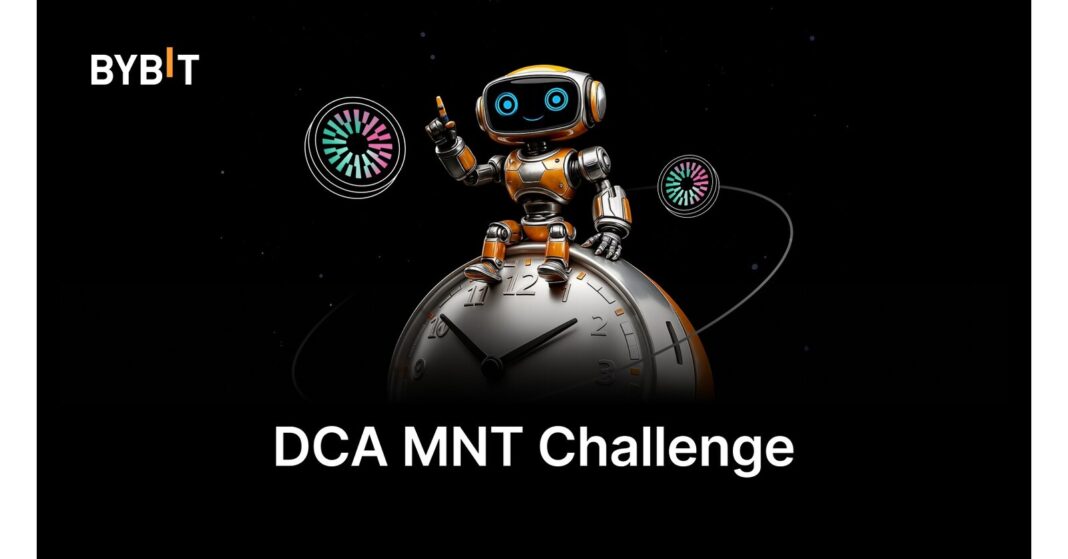Market Pulse
In a significant move signalling growing enterprise adoption of cryptocurrency, Nasdaq-listed Webus Inc. has announced the integration of XRP into its new tokenized reward platform. This strategic initiative positions Webus to compete in the burgeoning global loyalty market, estimated to be worth over $20 billion, by leveraging blockchain technology to offer enhanced transparency, efficiency, and liquidity for reward points. The development underscores XRP’s evolving role beyond cross-border payments, cementing its utility in innovative consumer-facing applications.
Webus’s Vision for Tokenized Loyalty
Webus Inc., known for its focus on digital solutions and engagement, is venturing into the loyalty program sector with a distinct blockchain-powered approach. The company aims to revolutionize traditional loyalty systems, which often suffer from low redemption rates, expiry clauses, and limited transferability. By tokenizing reward points using XRP, Webus intends to create a more dynamic and valuable ecosystem for both businesses and consumers.
- Enhanced Value: Tokenized rewards can potentially hold real-world value and be traded or exchanged, unlike conventional points.
- Increased Transparency: Blockchain ensures immutable records of reward issuance and redemption, boosting trust.
- Broader Utility: Points can be used across a wider network of merchants or even converted to other digital assets.
- Reduced Fraud: The cryptographic security of blockchain can minimize fraudulent activities in loyalty programs.
Why XRP and the XRPL are the Chosen Pillars
The decision by Webus to utilize XRP and the underlying XRP Ledger (XRPL) for its platform is strategic. The XRPL is renowned for its speed, cost-effectiveness, and scalability, making it an ideal infrastructure for high-volume transactions typical of loyalty programs. XRP’s native capabilities for fast, low-cost transfers are paramount for ensuring a seamless user experience, where points can be issued and redeemed almost instantly without prohibitive fees.
Ripple Labs, the company behind XRP, has long advocated for the token’s utility in various real-world applications beyond its initial focus on institutional payments. Webus’s adoption validates this broader vision, demonstrating the XRPL’s versatility for consumer-centric services that demand robust performance and a secure, decentralized framework. The partnership highlights a growing trend of companies looking to established, high-performance blockchains for their digital transformation initiatives.
Disrupting the $20B Global Loyalty Market
The global loyalty program market is massive, yet it faces challenges in participant engagement and system inefficiencies. Webus’s tokenized approach with XRP could be a significant disruptor. By offering reward points that are true digital assets, the platform could empower consumers with greater control and flexibility over their accumulated value. This shift could lead to higher engagement rates and foster a more vibrant ecosystem where loyalty points are perceived as a more valuable commodity.
For businesses, integrating such a platform could mean deeper customer insights, reduced operational costs associated with traditional loyalty schemes, and the ability to design more innovative and attractive reward structures. The potential to attract and retain customers through a cutting-edge, blockchain-powered program could offer a substantial competitive advantage in various industries, from retail to travel.
Implications for XRP and the Broader Crypto Ecosystem
This development is unequivocally bullish for XRP. It provides a concrete, real-world utility case that extends beyond financial institutions, showcasing its potential in everyday consumer applications. Such enterprise adoption strengthens XRP’s ecosystem and provides a compelling argument for its long-term value proposition. For the broader crypto market, it serves as another example of blockchain technology moving from speculative asset to foundational infrastructure for mainstream services.
As more Nasdaq-listed or other public companies explore and implement blockchain solutions, the legitimacy and practical applications of cryptocurrencies like XRP become increasingly apparent. This can pave the way for further innovation and deeper integration of digital assets into the global economy, fostering greater awareness and adoption among a wider audience.
Conclusion
Webus Inc.’s decision to power its new tokenized reward platform with XRP marks a pivotal moment for both the company and the XRP ecosystem. By targeting the expansive $20 billion loyalty market with a blockchain-first approach, Webus is poised to redefine how consumers interact with reward programs. This enterprise-level adoption further solidifies XRP’s utility and the XRPL’s capabilities as a versatile, high-performance blockchain, demonstrating a clear path for digital assets to drive real-world value and innovation in traditional industries.
Pros (Bullish Points)
- Demonstrates clear, mainstream enterprise adoption and utility for XRP.
- Opens up a new, large market (loyalty programs) for XRP and the XRPL technology.
- Potentially increases demand and positive sentiment for XRP, reinforcing its value proposition.
Cons (Bearish Points)
- Adoption of the new platform needs time to gain traction, and success is not guaranteed.
- The broader crypto market volatility could still influence XRP's price, irrespective of utility.
- Regulatory uncertainty around tokenized loyalty points and digital assets could pose future challenges.
Frequently Asked Questions
What is Webus Inc.'s new tokenized reward platform?
Webus Inc. is launching a new loyalty program platform that uses blockchain technology and XRP to tokenize reward points, aiming to make them more valuable, transparent, and transferable for consumers.
Why did Webus choose XRP for its loyalty program?
Webus chose XRP and the XRP Ledger (XRPL) for their speed, low transaction costs, and scalability, which are crucial for managing high volumes of loyalty point transactions efficiently and securely.
What does this mean for XRP's future utility?
This adoption signifies a crucial expansion of XRP's utility beyond cross-border payments into consumer-facing applications, demonstrating its versatility and strengthening its position as a digital asset with diverse real-world use cases.



